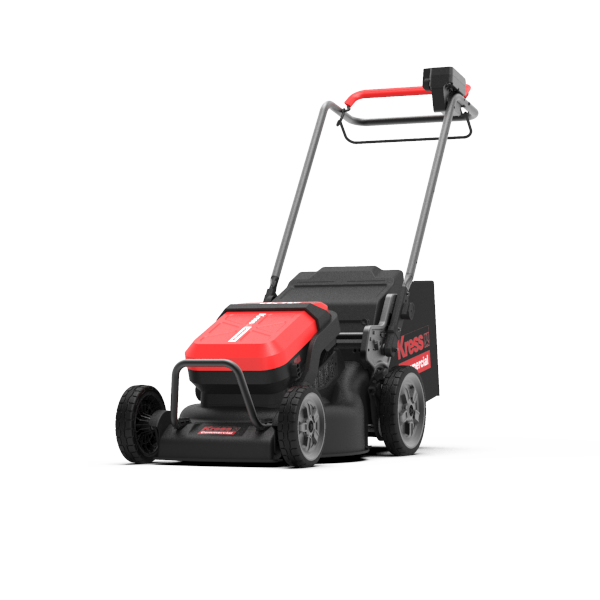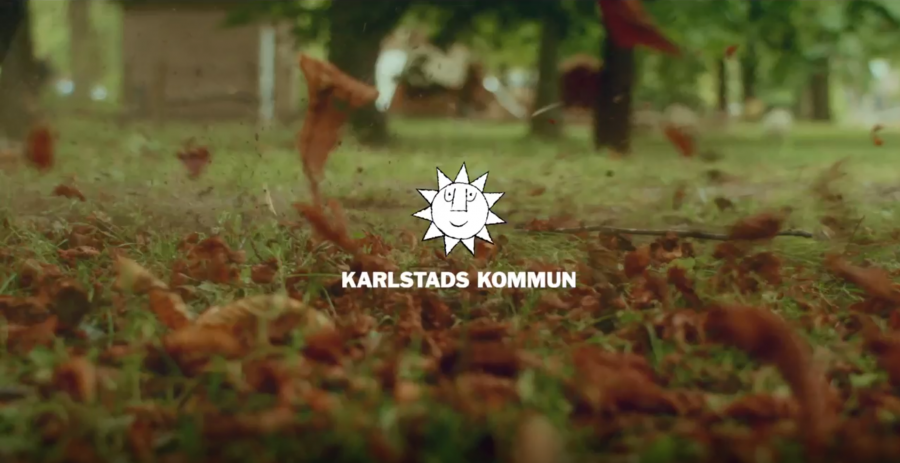Greywater will be a go-to source of water for the garden by 2035 as gardeners look to ways to minimise their use of mains water and rainwater stores are more readily exhausted during drier, summer months, predicts the Royal Horticultural Society (RHS).
The RHS is to explore how greywater use can be expanded in the garden as it grows its water research capabilities following the appointment of a Senior Water Scientist and a Water Reduction Officer. This includes researching plant and substrate combinations that support the right soil microbiology and plant functions to remove potential pollutants and making the movement of water from house to garden more practical.
The charity continues to champion the need to switch from mains water to rainwater (www.mains2rains.uk), but with Government targeting a 20% reduction in household and business water use by 2038 and water butts not always sufficient in meeting summer demand, it is also looking at how water can be practically recycled from sinks, baths and washing.

The RHS is already investigating the role greywater will play in maintaining its own five gardens, and the estimated 23 million domestic gardens in the UK, by conducting research into which plants and substrates are most effective in water cleaning. One of the advantages of using greywater is that it is generated each day, so large storage tanks or reservoirs are not needed.
Rain gardens are also being created across the RHS’ five sites as a way to hold water for longer in the landscape, manage rainwater run-off and minimise flood risk, and act as sponges for water that is then ready and waiting during dry spells. Rain gardens such as the Dry Garden at RHS Garden Hyde Hall require no watering once established.
Fundamental to all rain gardens is healthy, deeply aerated soil which readily absorbs water, and then balances storage and deep drainage of that water. The microbes found in healthy soils improve the filtering capacity of soils by digesting organic matter from any greywater applied to it such as detergents, skin and sweat, and enhancing soil structure.
Gardens showcasing clever rainwater management feature heavily at the RHS Chelsea Flower Show this year including in The Water Aid Garden which includes a rainwater harvesting pavilion designed to slow its flow, collecting and storing it for irrigation of the garden and filtering it for use as drinking water. In The National Autistic Society Garden rainwater is channelled away from the main terrace via a 'waterfall roof' which feeds into a mossy dell which acts as a swale during periods of high rainfall, holding rainwater until it can drain away into the subsoil. Rain is also channelled into areas planted with species that can cope with wet conditions.
Dr Nicholas Cryer, Senior Water Scientist at the RHS, says: “The greenest approach to watering your garden is to minimise its use entirely through clever planting and good soil care, with rainwater harvesting the next best thing. But with summers predicted to become hotter and drier and the need to remedy a growing water deficit we need to be more creative in how we maintain our green spaces. Single use products are now rightly frowned upon and we should consider water the same way. The estimated 60 litres of greywater produced per person within our homes each day can be recycled in our gardens.”
Tips for promoting healthy soil and effective greywater use:
- Your soil is your largest water storage reservoir. Improve it by adding organic mulch and minimising soil disturbance to improve structure and its ability to hold water.
- Healthy soil needs plants that cover and protect the soil and that have healthy root systems to improve its aeration and stabilisation.
- Greywater can be used in the short term on ornamentals but not edible crops.
- To minimise bacterial growth, greywater from sinks and baths should be stored for no more than 24 hours.
- Greywater should be applied by watering can as pollutants in the water can clog irrigation systems.
The RHS recently invested in rainwater collection and storage, including harvesting rainwater from RHS Hilltop at RHS Garden Wisley and directing this water to the purpose-built Clear Lake for storage and reuse. This initiative enabled Battleston Hill woodland garden to significantly reduce irrigation demand from other water sources.
Coupled with other water efficiency measures such as improved leak detection, use of precision irrigation methods, and selection of plants that are ideally suited to local conditions will mean that an absolute minimum of water will be taken from the environment across all RHS gardens by 2030.







